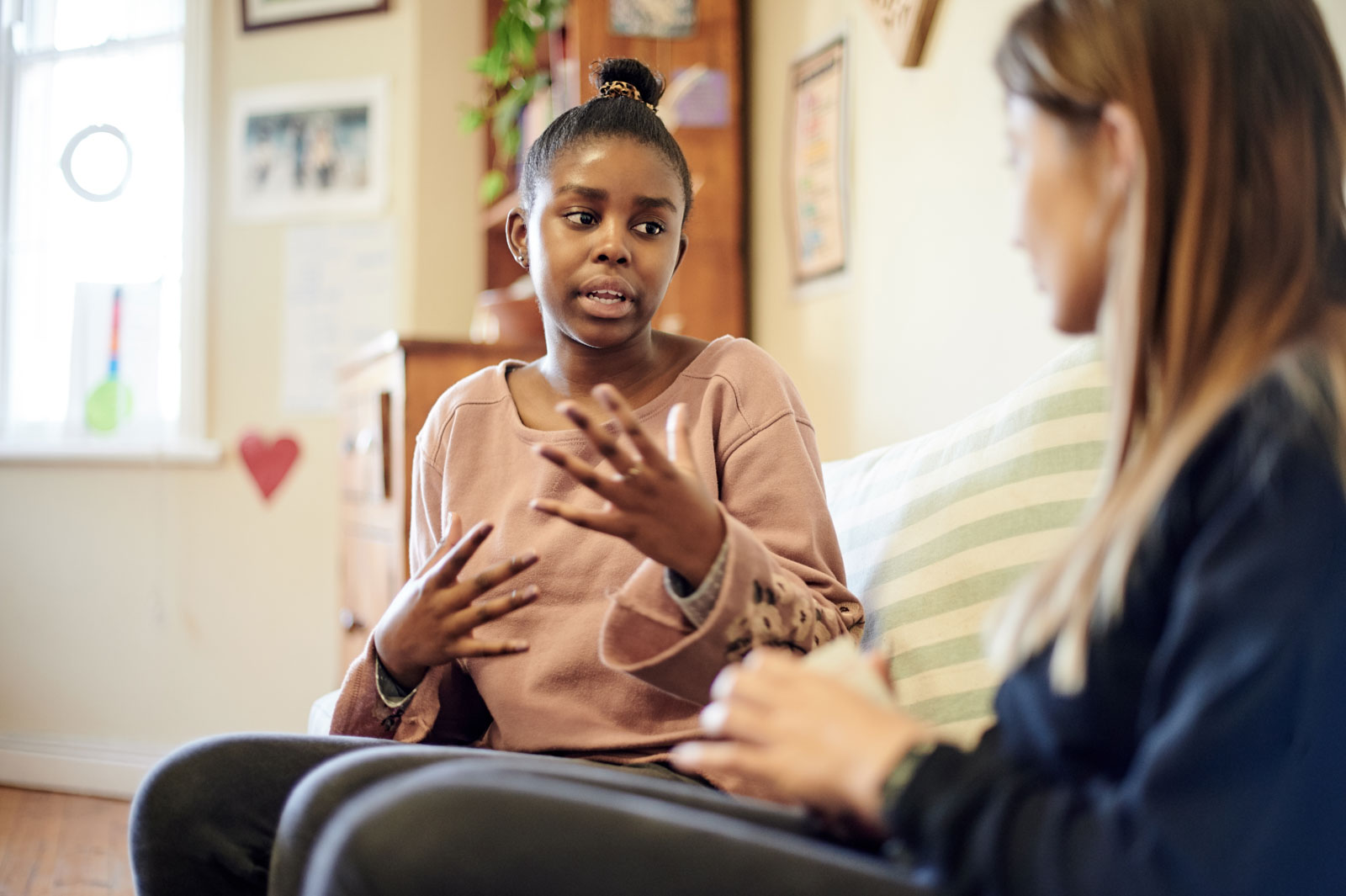
Child inclusive mediation
Putting children at the heart of relationship breakdown
Ensuring the voice of the child is heard
Relationship breakdown can be devastating for children, who are understandably anxious about what lies ahead for them. Their concerns often include where they will live and go to school and if they will continue to see both parents, as well as their grandparents and wider family members, friends and family pets.
Child-inclusive mediation (CIM) is a process which can enable parents to put children’s wellbeing at the heart of their break up by working together and communicating about their children’s needs to help pave a way forward.

How does child-inclusive mediation work?
A child-inclusive mediator will firstly see both separating parents whose permission is required for the mediator to meet with their children on their own. Once parents have consented, the child-inclusive mediator will make initial contact with the children to explain what the conversation would involve and ask them if they would like to do it. The process involves one session with the mediator and the children involved.
During the meeting the children can express their feelings about their parents break up. They are not asked to make choices or decisions about their personal situations and, although they can ask the mediator to relay some or all of what they have said to their parents, they are under no obligation to do so. It is really important, that everybody involved enters into child-inclusive mediation with the right intention and prepared for what might come out of it.
How old are the children who participate in the process?
Although there are no hard and fast rules about the age at which CIM is suitable, the process usually involves children aged 10 or over. Younger children can be involved with their older siblings, however it is understandably not appropriate for tiny children.


What are the benefits of child-inclusive mediation?
Divorce can have long-term effects on children’s mental and physical well-being. Child-inclusive mediation promotes a spirit of cooperation and communication between separating parents to work together for their children’s best interests – both now and in the future.
Jones Myers’ experience of the benefits of child-inclusive mediation align with findings of extensive research which highlight that the opportunity for children to have a conversation with an impartial mediator in which they can express their feelings is beneficial for them – even if they do not want anything they said passed back to their parents. Studies have also shown that children who have had their voices heard in this way tend to have better mental health outcomes as young adults compared to their peers who have experienced parental separation but have not gone through this process.

How Jones Myers can help
Jones Myers’ Partner and Family Law Mediator, Nicki Michell, is an experienced Child-Inclusive Mediator who has witnessed the benefits this process can have by putting the emotional and financial needs of children first. Working with parents who are wholly committed to finding solutions which make their children’s best interests a priority, Jones Myers can prepare, advise and guide you through child-inclusive mediation, helping you to reach outcomes which will stand you and your children in good stead for the weeks, months and years to come.
